Insiders tell the story of powerful men who for decades have sabotaged the fight against climate change for money.
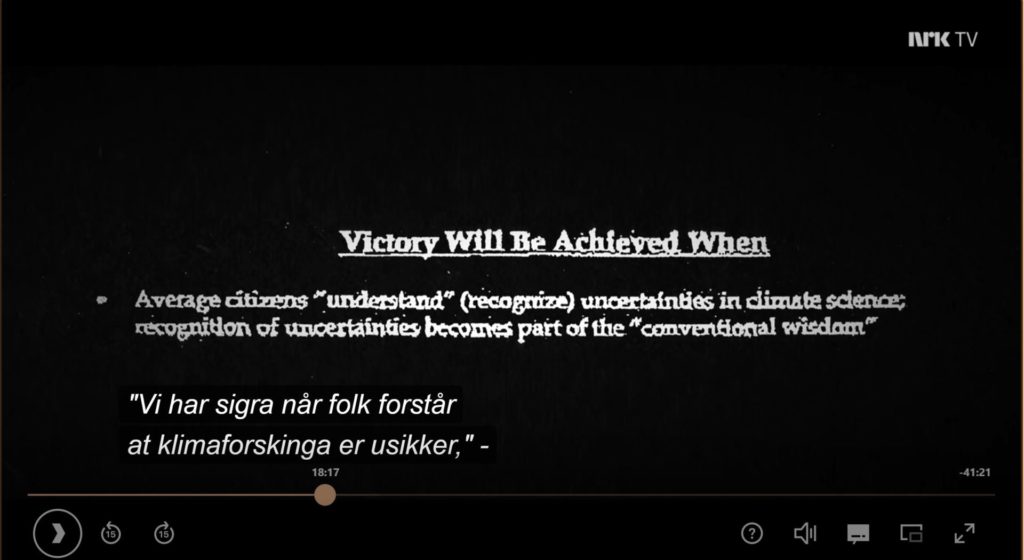
ExxonMobil, BP, Shell, Total, and Chevron among other big oil companies poured 100 million dollars into Think Tanks like Cato Institute, recognized Universities like Harvard and Stanford, PR, and Media to affect public opinion on Climate Change. A group of men have been trying for decades to prevent something from being done about climate change. Now a number of insiders are telling about how they have done it. This is the story of a campaign that for years has derailed the fight against climate change – and which has received millions from the world’s largest oil companies. Some of the men in the group have been known for doing such work before for large tobacco companies…
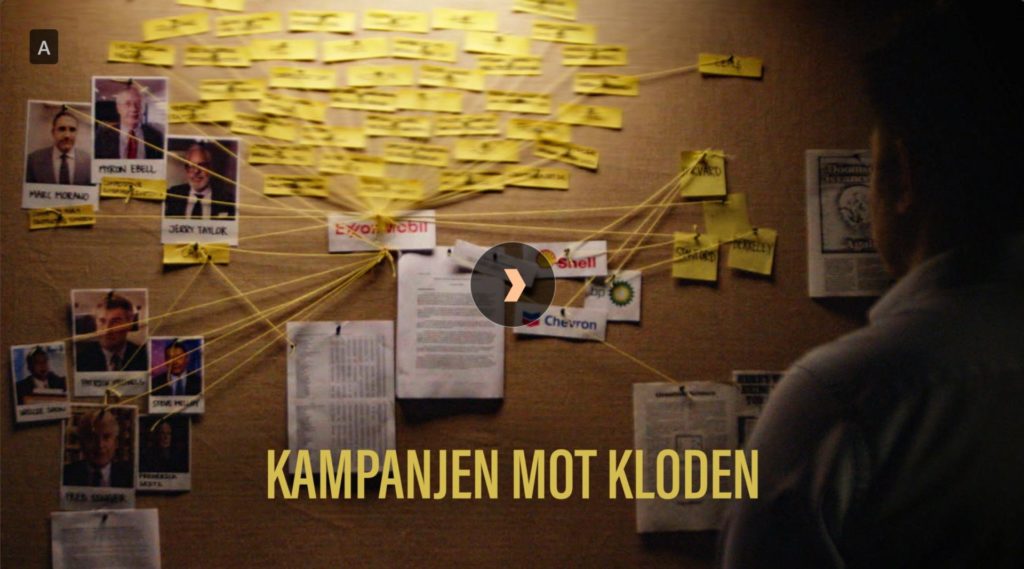
Why you should listen
Naomi Oreskes is a historian of science who uses reason to fight climate change denial.
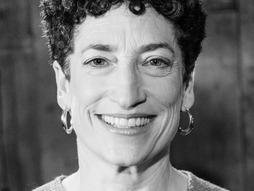
Noami Oreskes is a professor of the History of Science and an affiliated professor of Earth and Planetary Sciences at Harvard University. She received her Ph.D. at Stanford in 1990 in the Graduate Special Program in Geological Research and History of Science.
In her 2004 paper published in Science, “Beyond the Ivory Tower: The Scientific Consensus on Climate Change,” Oreskes analyzed nearly 1,000 scientific journals to directly assess the magnitude of the scientific consensus around anthropogenic climate change. The paper was famously cited by Al Gore in his film An Inconvenient Truth and led Oreskes to testify in front of the U.S. Senate Committee on Environment and Public Works.
Oreskes is the co-author of the 2010 book Merchants of Doubt, which looks at how the tobacco industry attempted to cast doubt on the link between smoking and lung cancer, and the 2014 book The Collapse of Western Civilization: A View from the Future, which looks back at the present from the year 2093. Both are written with Erik M. Conway.
Many of the world’s biggest problems require asking questions of scientists — but why should we believe what they say? Historian of science Naomi Oreskes thinks deeply about our relationship to belief and draws out three problems with common attitudes toward scientific inquiry — and gives her own reasoning for why we ought to trust science.
This talk was presented at an official TED conference and was featured by our editors on the home page.

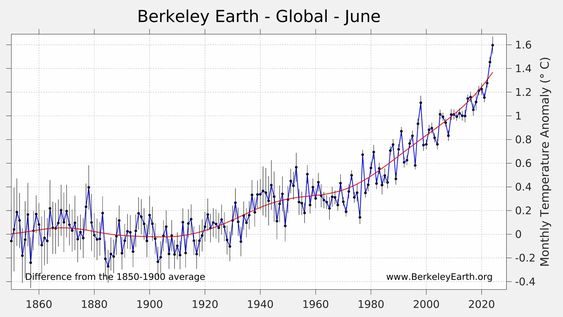
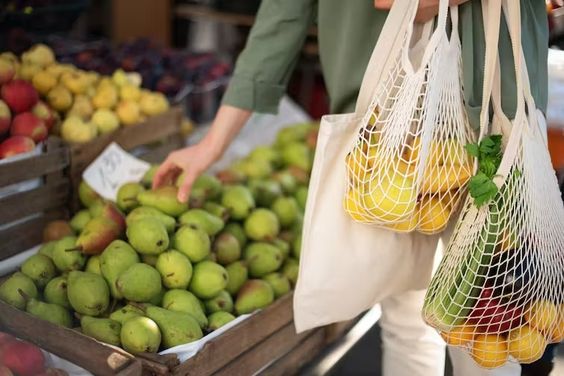
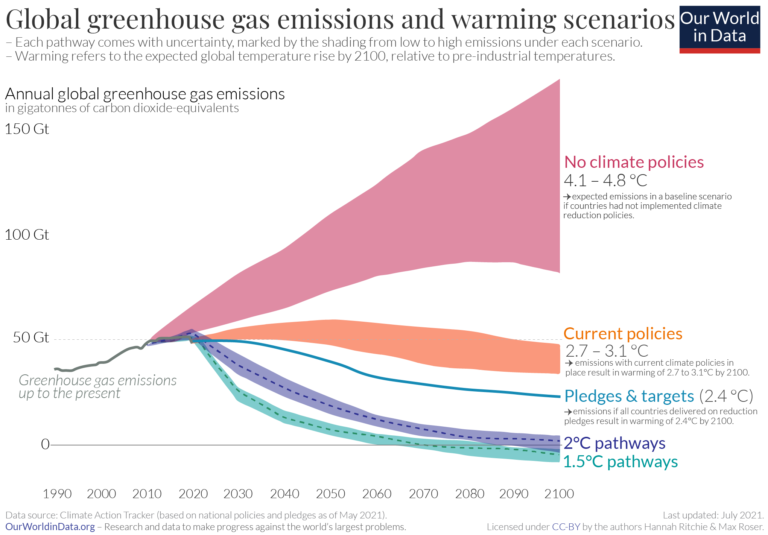
Comments are closed.